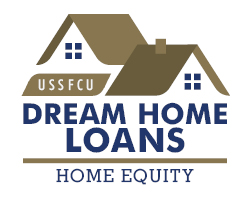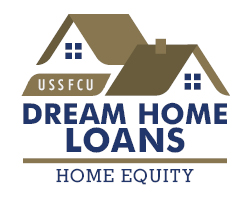Buying a home is a major milestone, and for most people, a mortgage is the key to making it happen. But navigating the world of mortgages can feel overwhelming. Don’t worry, we’re here to break it down for you in simple terms.
What is a Mortgage?
At its core, a mortgage is a loan specifically designed for buying a home. Think of it as a partnership between you and a lender. They provide the funds you need upfront, and you repay them over time, usually with interest. This allows you to become a homeowner without needing to save up the entire purchase price.

Types of Mortgages
Just like houses come in different shapes and sizes, so do mortgages. Here are some of the most common types you’ll encounter in the US:
- Conventional Mortgages: These are the most popular type, offered by banks and private lenders. They typically require a good credit score and a down payment of at least 3%.
- FHA Loans: Backed by the Federal Housing Administration, FHA loans are designed for first-time homebuyers and those with less-than-perfect credit. They often require lower down payments and credit scores.
- VA Loans: Available to veterans and eligible surviving spouses, VA loans offer favorable terms, including the possibility of no down payment.
- USDA Loans: If you’re looking to buy a home in a rural area, a USDA loan might be a great option. These government-backed loans often come with low interest rates and no down payment requirements.
- Jumbo Loans: Need to borrow a larger amount? Jumbo loans exceed the limits set for conventional loans, but they typically come with stricter qualification requirements.
- Fixed-Rate Mortgages: With a fixed-rate mortgage, your interest rate remains constant throughout the life of the loan, providing predictable monthly payments.
- Adjustable-Rate Mortgages (ARMs): ARMs offer a lower initial interest rate that can adjust periodically, usually based on market conditions.
Choosing the Right Mortgage
Finding the perfect mortgage is like finding the perfect house – it’s all about finding the right fit for your needs and financial situation. Here are some key factors to consider:
- Your Credit Score: A higher credit score generally qualifies you for lower interest rates.
- Your Down Payment: The larger your down payment, the lower your loan amount and monthly payments.
- Your Debt-to-Income Ratio: Lenders look at your debt compared to your income to assess your ability to repay the loan.
- Your Loan Term: Longer loan terms mean lower monthly payments but higher overall interest costs.
Ready to Take the Next Step?
Buying a home is an exciting journey, and understanding your mortgage options is a crucial first step. By carefully considering your needs and exploring the different mortgage types available, you can confidently embark on the path to homeownership.
Share this content:



